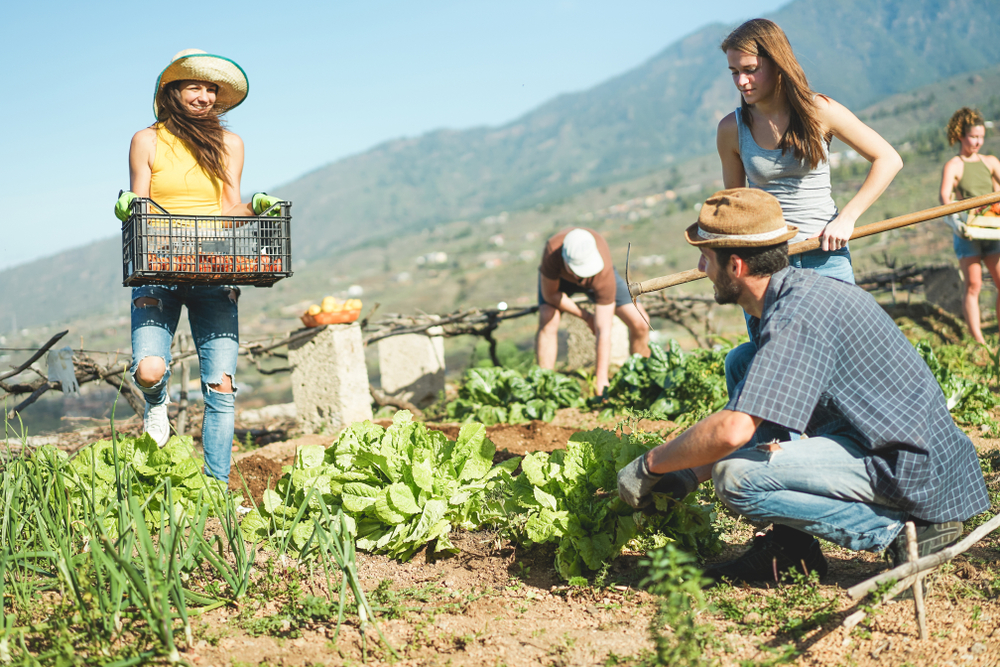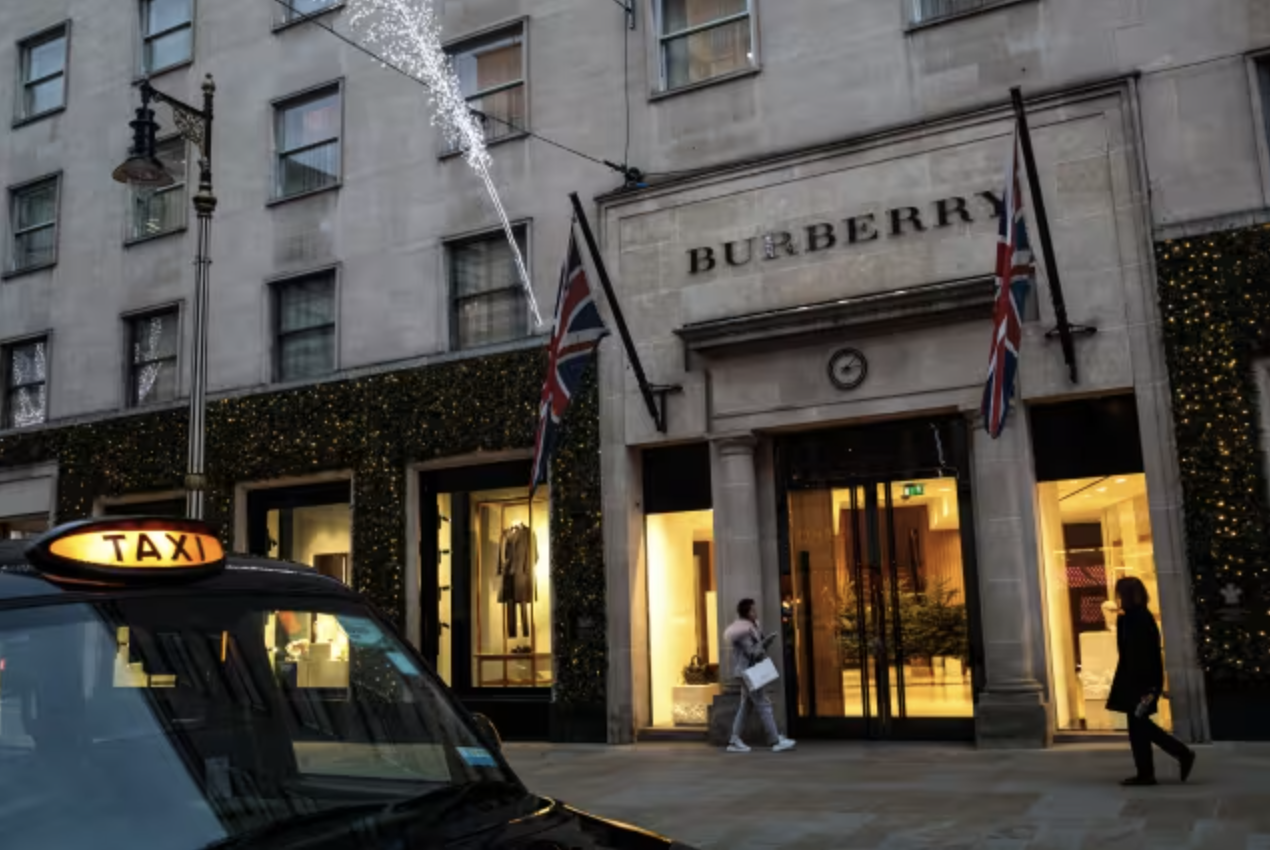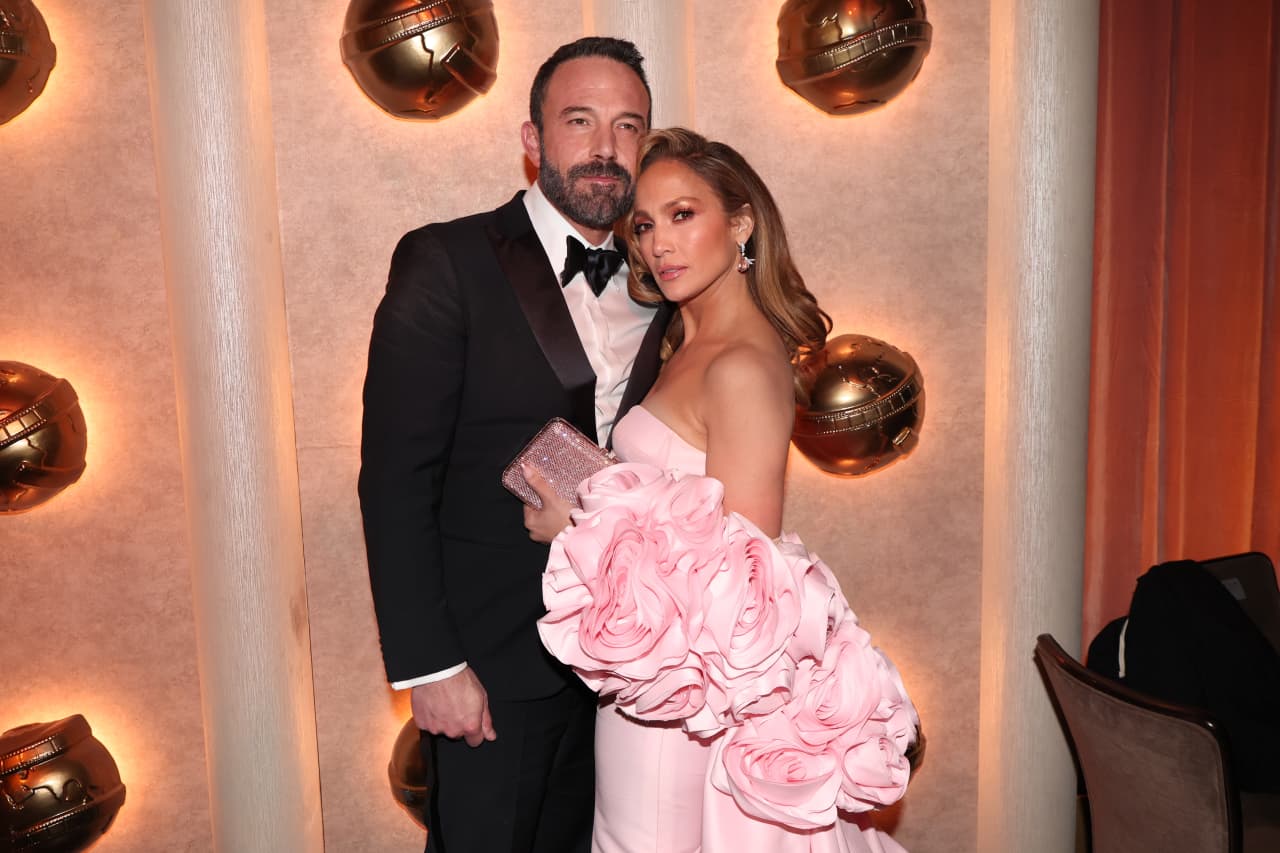The Great Wealth Transfer: How rich millennials will invest the billions coming their way
The younger generation will bring a different mindset to how and where their newfound wealth is invested
There is an enormous global wealth transfer in its beginning stages, whereby one of the largest generations in history – the baby boomers – will pass on their wealth to their millennial children. Knight Frank’s global research report, The Wealth Report 2024, estimates the wealth transfer set to take place over the next two decades in the United States alone will amount to US$90 trillion.
But it’s not just the size of the wealth transfer that is significant. It will also deliver billions of dollars in private capital into the hands of investors with a very different mindset.
Seismic change
Wealth managers say the young and rich have a higher social and environmental consciousness than older generations. After growing up in a world where economic inequality is rife and climate change has caused massive environmental damage, they are seeing their inherited wealth as a means of doing good.
Ben Whattam, co-founder of the Modern Affluence Exchange, describes it as a “seismic change”.
“Since World War II, Western economies have been driven by an overt focus on economic prosperity,” he says. “This has come at the expense of environmental prosperity and has arguably imposed social costs. The next generation is poised to inherit huge sums, and all the research we have commissioned confirms that they value societal and environmental wellbeing alongside economic gain and are unlikely to continue the relentless pursuit of growth at all costs.”
Investing with purpose
Mr Whattam said 66% of millennials wanted to invest with a purpose compared to 49% of Gen Xers. “Climate change is the number one concern for Gen Z and whether they’re rich or just affluent, they see it as their generational responsibility to fix what has been broken by their elders.”
Mike Pickett, director of Cazenove Capital, said millennial investors were less inclined to let a wealth manager make all the decisions.
“Overall, … there is a sense of the next generation wanting to be involved and engaged in the process of how their wealth is managed – for a firm to invest their money with them instead of for them,” he said.
Mr Pickett said another significant difference between millennials and older clients was their view on residential property investment. While property has generated immense wealth for baby boomers, particularly in Australia, younger investors did not necessarily see it as the best path.
“In particular, the low interest rate environment and impressive growth in house prices of the past 15 years is unlikely to be repeated in the next 15,” he said. “I also think there is some evidence that Gen Z may be happier to rent property or lease assets such as cars, and to adopt subscription-led lifestyles.”
Impact investing is a rising trend around the world, with more young entrepreneurs and activist investors proactively campaigning for change in the older companies they are invested in. Millennials are taking note of Gen X examples of entrepreneurs trying to force change. In 2022, Australian billionaire tech mogul and major AGL shareholder, Mike Cannon-Brookes tried to buy the company so he could shut down its coal operations and turn it into a renewable energy giant. He described his takeover bid as “the world’s biggest decarbonisation project”.
This stylish family home combines a classic palette and finishes with a flexible floorplan
Just 55 minutes from Sydney, make this your creative getaway located in the majestic Hawkesbury region.
Continued stagflation and cost of living pressures are causing couples to think twice about starting a family, new data has revealed, with long term impacts expected
Australia is in the midst of a ‘baby recession’ with preliminary estimates showing the number of births in 2023 fell by more than four percent to the lowest level since 2006, according to KPMG. The consultancy firm says this reflects the impact of cost-of-living pressures on the feasibility of younger Australians starting a family.
KPMG estimates that 289,100 babies were born in 2023. This compares to 300,684 babies in 2022 and 309,996 in 2021, according to the Australian Bureau of Statistics (ABS). KPMG urban economist Terry Rawnsley said weak economic growth often leads to a reduced number of births. In 2023, ABS data shows gross domestic product (GDP) fell to 1.5 percent. Despite the population growing by 2.5 percent in 2023, GDP on a per capita basis went into negative territory, down one percent over the 12 months.
“Birth rates provide insight into long-term population growth as well as the current confidence of Australian families,” said Mr Rawnsley. “We haven’t seen such a sharp drop in births in Australia since the period of economic stagflation in the 1970s, which coincided with the initial widespread adoption of the contraceptive pill.”
Mr Rawnsley said many Australian couples delayed starting a family while the pandemic played out in 2020. The number of births fell from 305,832 in 2019 to 294,369 in 2020. Then in 2021, strong employment and vast amounts of stimulus money, along with high household savings due to lockdowns, gave couples better financial means to have a baby. This led to a rebound in births.
However, the re-opening of the global economy in 2022 led to soaring inflation. By the start of 2023, the Australian consumer price index (CPI) had risen to its highest level since 1990 at 7.8 percent per annum. By that stage, the Reserve Bank had already commenced an aggressive rate-hiking strategy to fight inflation and had raised the cash rate every month between May and December 2022.
Five more rate hikes during 2023 put further pressure on couples with mortgages and put the brakes on family formation. “This combination of the pandemic and rapid economic changes explains the spike and subsequent sharp decline in birth rates we have observed over the past four years,” Mr Rawnsley said.
The impact of high costs of living on couples’ decision to have a baby is highlighted in births data for the capital cities. KPMG estimates there were 60,860 births in Sydney in 2023, down 8.6 percent from 2019. There were 56,270 births in Melbourne, down 7.3 percent. In Perth, there were 25,020 births, down 6 percent, while in Brisbane there were 30,250 births, down 4.3 percent. Canberra was the only capital city where there was no fall in the number of births in 2023 compared to 2019.
“CPI growth in Canberra has been slightly subdued compared to that in other major cities, and the economic outlook has remained strong,” Mr Rawnsley said. “This means families have not been hurting as much as those in other capital cities, and in turn, we’ve seen a stabilisation of births in the ACT.”
This stylish family home combines a classic palette and finishes with a flexible floorplan
Just 55 minutes from Sydney, make this your creative getaway located in the majestic Hawkesbury region.


















